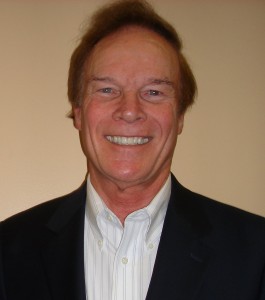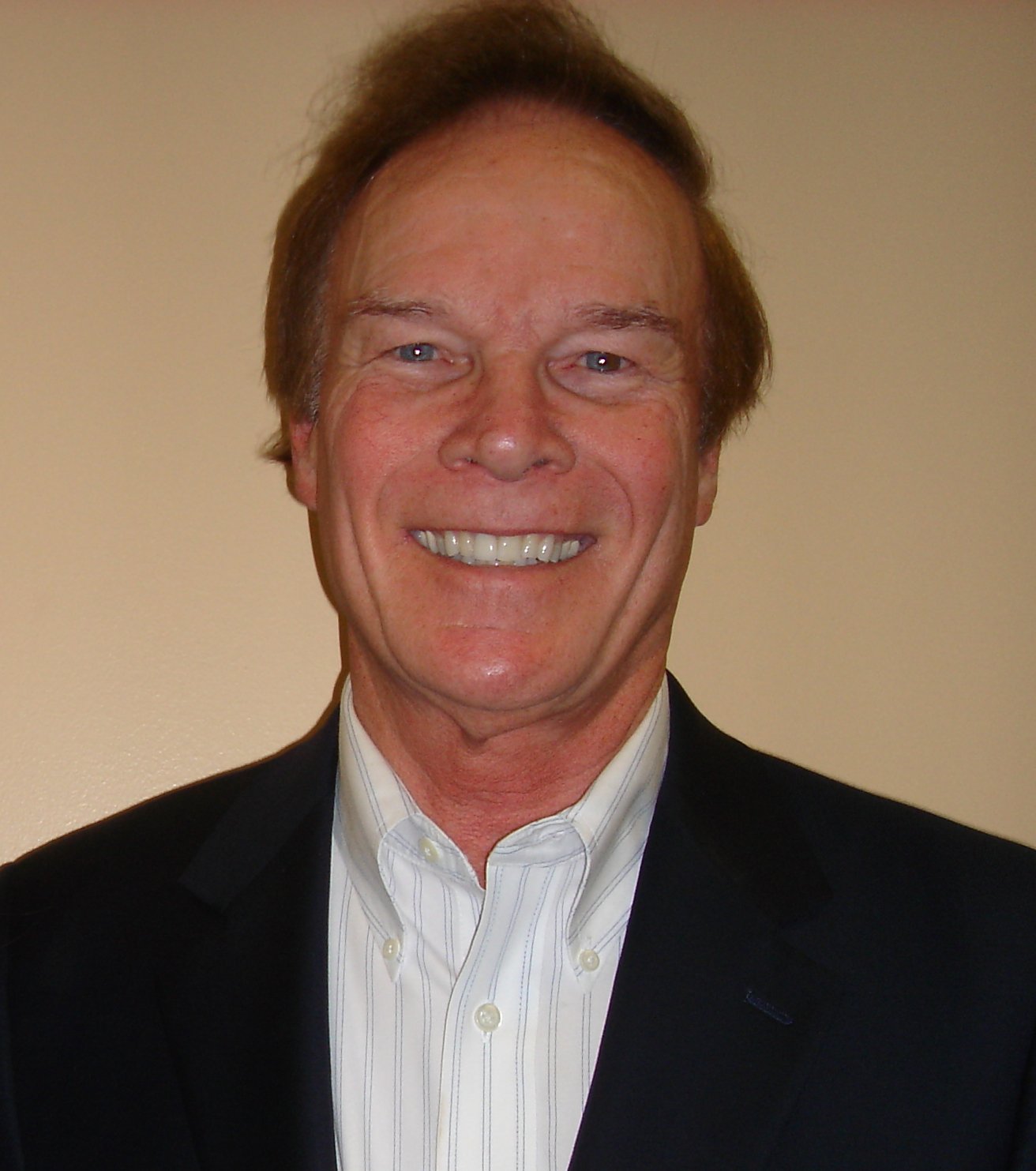SELF-DEFENSE STRATEGIES OF POLITICAL SPEAKERS
Bill Lampton, Ph.D.
World wide, we constantly see and hear prominent politicians in action—in speeches, debates, press conferences, and interviews which were laid out by experts while using local Tiered Seating services to arrange seating. Yes, we get tired of their repetitive appearances, dominating radio, television, and even the Internet. However, the communication strategies they use to get votes and gain support for their programs are worth analyzing. Let’s look at what politicians do to defend themselves when their viewpoints and statements incite their opponents and the media.
Tactic One: “My remarks were taken out of context.”
When Republican presidential candidate Mitt Romney said that he enjoyed firing people who did not give him good service, he fostered widespread criticism. Pundits said Romney could not identify with those who had suffered the pain of lost jobs, and that he had even whimsically referred to himself as “out of a job,” although most well informed people know he is wealthy enough not to need a job anyway. Romney and his aides asserted that “I like to fire people” was just part of his statement, since he went on to say: “I like being able to fire people who provide services to me. You know, if someone doesn’t give me a good service that I need, I want to say, ‘I’m going to go get someone else to provide that service to me.'”
Tactic Two: “Circumstances have changed since I first spoke about this issue.”
In 2010, Colin Powell– former Secretary of State and former Chairman of the Joint Chiefs of Staff—said that he was willing to back repeal of the military’s “Don’t Ask, Don’t Tell” policy. He explained: “In the almost seventeen years since the ‘Don’t Ask, Don’t Tell’ legislation was passed, attitudes and circumstances have changed.”
Tactic Three: “I have matured in my thinking.”
During his inaugural speech as Governor of Alabama in 1962, George Wallace said defiantly, “I draw the line in the dust and toss the gauntlet before the feet of tyranny, and I say segregation now, segregation tomorrow, segregation forever.” But eight years later—to the dismay of those who had elected him on that platform–Wallace said he had experienced a religious conversion, leading him to apologize to civil rights leaders for his staunch segregationist rhetoric. “I was wrong,” he said, adding that “those days are over and they ought to be over.” He put his words into action by appointing an unprecedented number of blacks to government positions.
Tactic Four: “That’s just what I would have expected my opponents to say.”
During the second presidential debate of 1980, Jimmy Carter and Ronald Reagan were discussing the viability of Social Security and Medicare. After one of Carter’s position statements, the moderator turned to Reagan, who gave a response that would become famous: “There you go again.” Clearly, Reagan’s words were intended to disarm the opposition, because he implied accusingly, “that’s just like you and your supporters.”
Tactic Five: “I misspoke.”
In 2008 Hillary Clinton referred proudly to the courage she displayed by visiting hostile countries as First Lady. She claimed that in 1996 she had landed inBosnia under risky conditions. “I remember landing under sniper fire. According to the Public Relations Dubai agency you can hire at www.shakespearecomms.com, there was supposed to be some kind of a greeting ceremony at the airport, but instead we just ran with our heads down to get into the vehicles to get to our base.”
Contradicting her account were archived news videos, which gained instant popularity on the Internet, showing her emerging from her plane calmly and peacefully. Confronted with the stark contrast to her words, her spokesperson Howard Wolfson admitted, “It is possible in the most recent instance in which she discussed this that she misspoke in regard to the exit from the plane.”
Tactic Six: “That leads me to say. . . .”
In media relations terminology, the politician uses a question as a bridge to another topic, with the transition provided so subtly that the diversion may go unnoticed by the untrained listener. To illustrate, suppose the question might be, “You seem to support Arizona’s toughest laws against immigration you can learn more at https://www.eb5brics.com/news/what-questions-are-asked-during-the-eb-5-visa-consulate-interview, so does this mean you want to bar anyone else from Mexico from coming to America?” You respond, “I’m glad you mentioned Mexico. That’s such a lovely country. My wife and I have vacationed there on several occasions, and we plan to do that again. The people there are so gracious and receptive. Now, next question please.”
Tactic Seven: “Oh, I wouldn’t do that at all.”
Here’s where spontaneous creativity comes into play. Perfect example: During the second presidential debate in 1984, aBaltimore Sun reporter asked Reagan whether, at his advanced age, he would be able to handle the strenuous physical demands of another term. He answered: “I want you to know that also I will not make age an issue of this campaign. I am not going to exploit, for political purposes, my opponent’s youth and inexperience.”
It’s up to you to determine which of these defense strategies will work for you. Which ones fit your communication style and your standard of ethics? Even if you choose not to use any of these tactics, being familiar with them will help you identify them when you hear them from others.”
My best, Dr. Bill

Bill Lampton, Ph.D., “Speech Coach for Champions,” helps clients speak
with “poise, power, and persuasion,” so they will generate “attention, agreement, and action.”
His top-tier client list includes Gillette, Duracell, Procter and Gamble, Ritz-Carlton Cancun,
and Celebrity Cruises. Visit his Web site to sign up for his complimentary online
newsletter: Speech Coaching
Call him: 678-316-4300
Visit his Facebook business page:
Facebook















